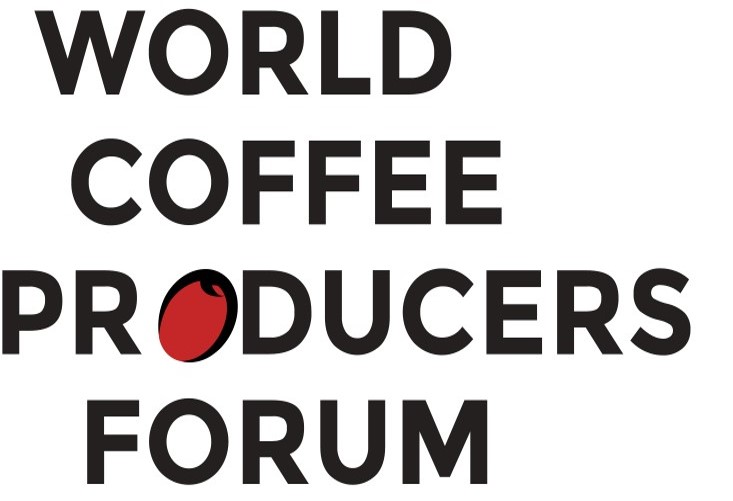
“The conversation is now out in the open about the disparate economics in the coffee value chain,” writes Chad Trewick, Board member of the Specialty Coffee Association.
At the World Coffee Producers Forum held in Colombia this year with high profile attendance by luminaries such as former US president Bill Clinton, and current presidents Juan Manuel Santos (Colombia) and Luis Guillermo Solís Rivera (Costa Rica), the supply end of the coffee value chain articulated the increasingly onerous hardships it faces.
Farmers receive only a small portion of the revenue that coffee generates, yet they assume the most risk. Even under the banner of sustainability, the very pointed message was one of heightened expectations for certifications, sustainable sourcing guidelines, traceability, and compliance efforts that inevitably will continue to ask more of producers. Compensating them for the incremental expense those efforts represent is noticeably less assured.
While true, a number of simplistic solutions rang particularly hollow for many seasoned experts. Two leading corporate CEOs for example revealed that they did not perceive a single pragmatic, new idea coming from the big name talkfest. Many claims, they felt, are backed by ‘sketchy data’.
The information across value chains is increasingly available as virtual distances shrink. Producers feel left out of coffee’s enormous earning potential on the consuming end of the value chain, while earnings from green coffee have been stagnant or declining for decades, especially when adjusted for inflation. It is increasingly difficult to justify coffee farming for new generations of farmers when the roasting and retailing end of the chain have increased the value of the economic pie, but with little of that increased benefit reaching farmers.
For example, coffee buyers may ask producers to improve water and land stewardship without compensating for such investments that may not improve their productivity. Safe water benefits the greater good and yet proper treatment of water does not increase farmer earnings. Why then, they ask, should a farmer foot the bill alone when they are barely making a living?
Fundamental questions such as these require answers based on scientifically sound data. As COSA’s Daniele Giovannucci notes: “as we increasingly understand production data and can compare the leverage points and actual costs even across countries, we help institutions including producer organizations and global companies to take smarter choices together.





